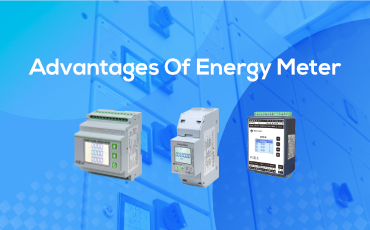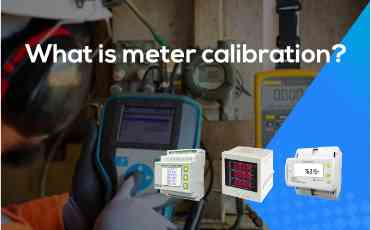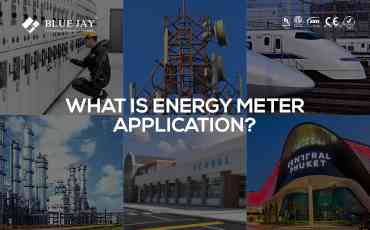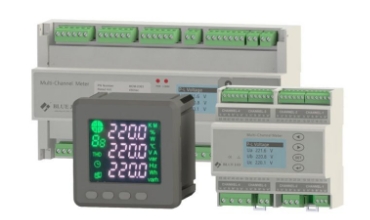
What Are Advantages of Energy Meter?
Abstract: In this article, the advantages of energy meter

Abstract: This article will introduce the definition of meter calibration, energy meter calibration, power meter calibration, methods of meter calibration, and advantages of meter calibration.
Meter calibration is a process used to verify and adjust the accuracy of measuring devices, such as electric energy meters and power meters, to ensure that their measurement results comply with international and industry standards. It is a critical activity that helps maintain and enhance the reliability and accuracy of measurement instruments.
Energy meter calibration is the process of ensuring that electric energy meters (also known as electric meters) accurately measure the consumption of electrical energy. It involves calibrating electric meters to ensure that their measurement results are consistent with actual electrical energy usage. Electric energy meter calibration (electrical meter calibration) typically follows international and national standards to ensure performance and accuracy.
Electric energy meter calibration is typically based on standards established by the International Electro-Technical Commission (IEC) and national standards such as GB/T 17215, ensuring consistency and comparability. Common standards include the IEC 62053 series and others. These standards specify various performance parameters and calibration requirements for electric energy meters.
The calibration of energy meter theory involves using standard power sources or energy standards to compare the meter’s measurement results. This usually includes measuring the meter’s output under known current and voltage conditions and then comparing it to standard values to identify any errors and make corresponding calibration adjustments.

1 phase electric energy meters are used in single-phase electrical circuits, while 3 phase electric energy meters are used in three-phase electrical circuits. The basic principles of the calibration process are similar, but 3-phase electric energy meters require calibration of additional energy meter parameters, such as phase angles, to ensure accurate measurement of three-phase energy.
Power meter calibration is the process of ensuring that power meters (used for measuring power, power factor, etc.) accurately measure power parameters. It is similar to electric energy meter calibration but focuses on measuring power parameters such as active power and reactive power.
Meter calibration can be carried out using various methods, including the comparison method, the standard source method, the current transformer method, and the direct calibration method. The comparison method is the most commonly used, where the instrument’s output is compared to the output of a standard source or a standard energy meter. Calibration laboratories typically use one or more of these methods to ensure accuracy.
The advantages of meter calibration include:
Meter calibration is a crucial process for maintaining the accuracy and reliability of measuring instruments, especially for devices like electric energy meters and power meters. Adhering to international and national standards and employing appropriate calibration methods, helps ensure the performance and consistency of equipment and measurement results, ultimately improving energy management and monitoring efficiency, reducing costs, and building user trust.

Abstract: In this article, the advantages of energy meter

The energy meter application depends on many factors such





